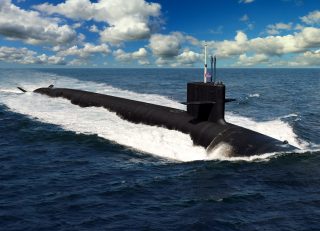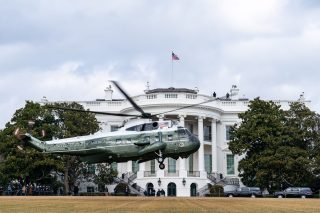
Navy Exonerates 256 Black Defendants for Actions Following 1944 Port Chicago Explosion
Navy Secretary Carlos Del Toro announced the full exoneration of the remaining 256 Black defendants of the 1944 Port Chicago general and summary courts-martial that followed a disastrous explosion at the California ammunition-handling facility.…






